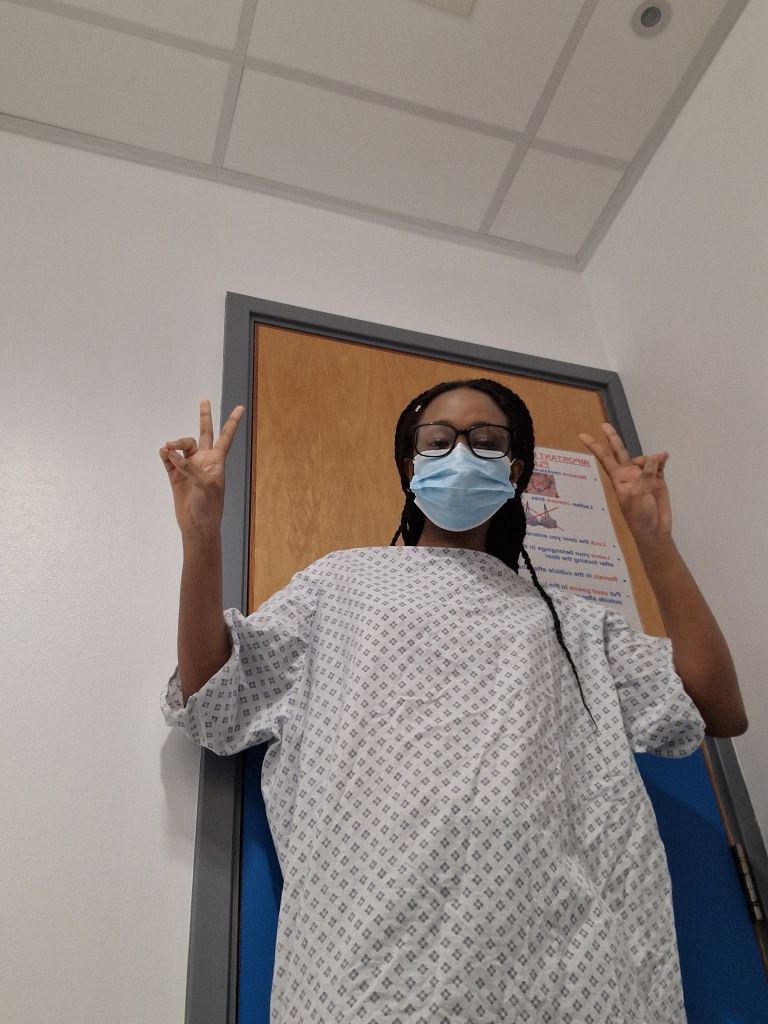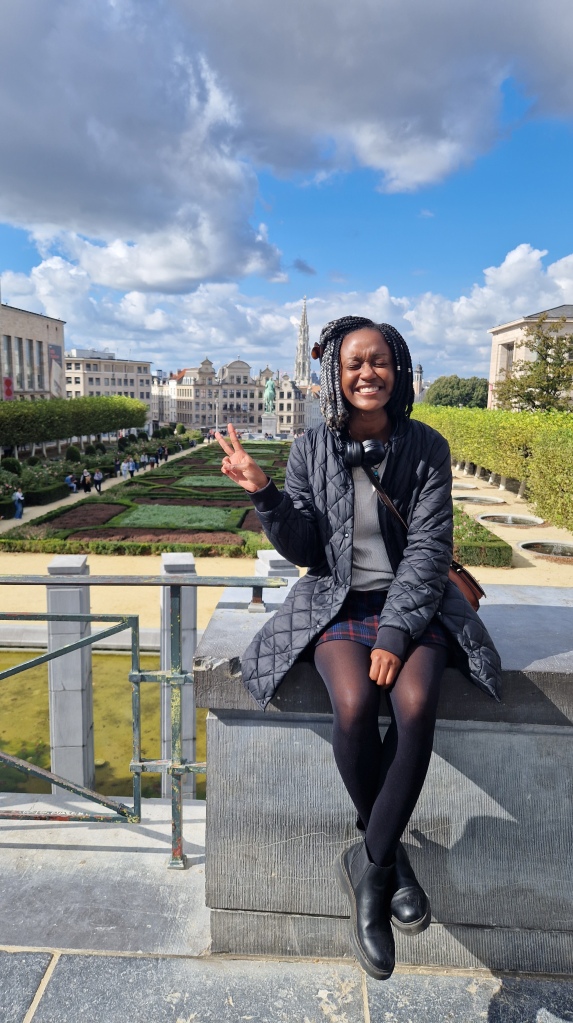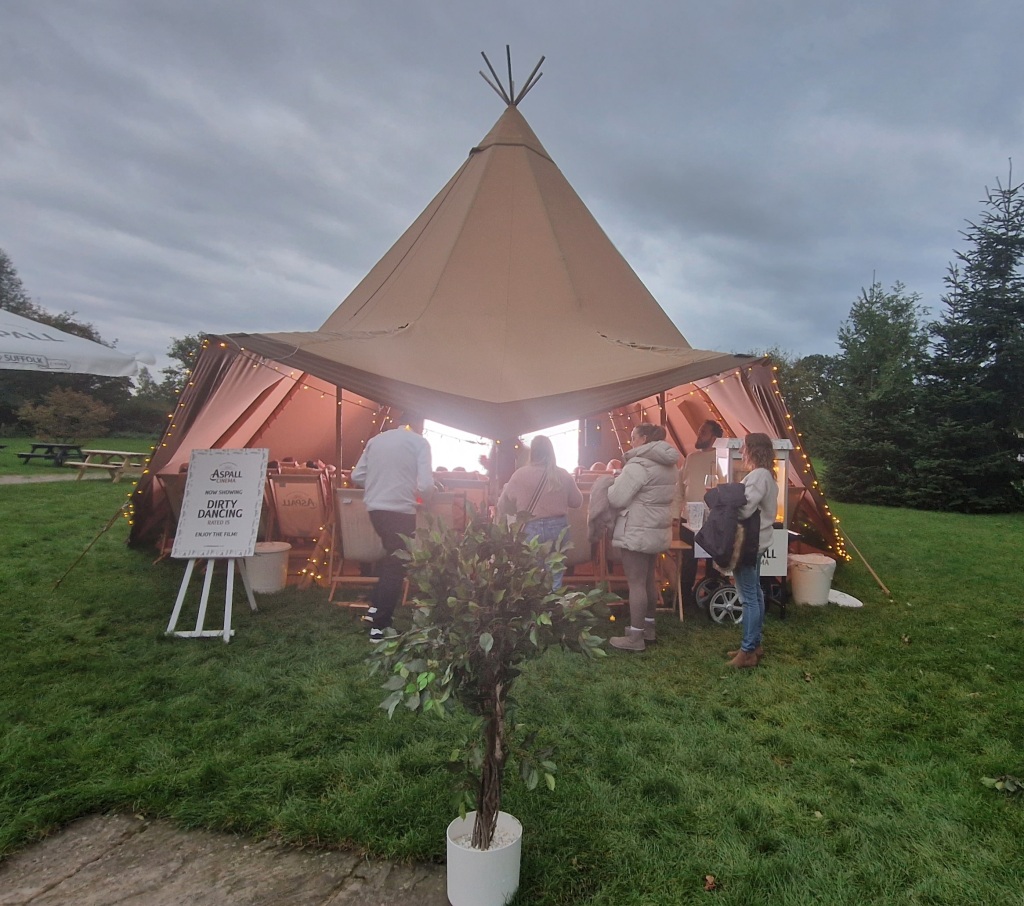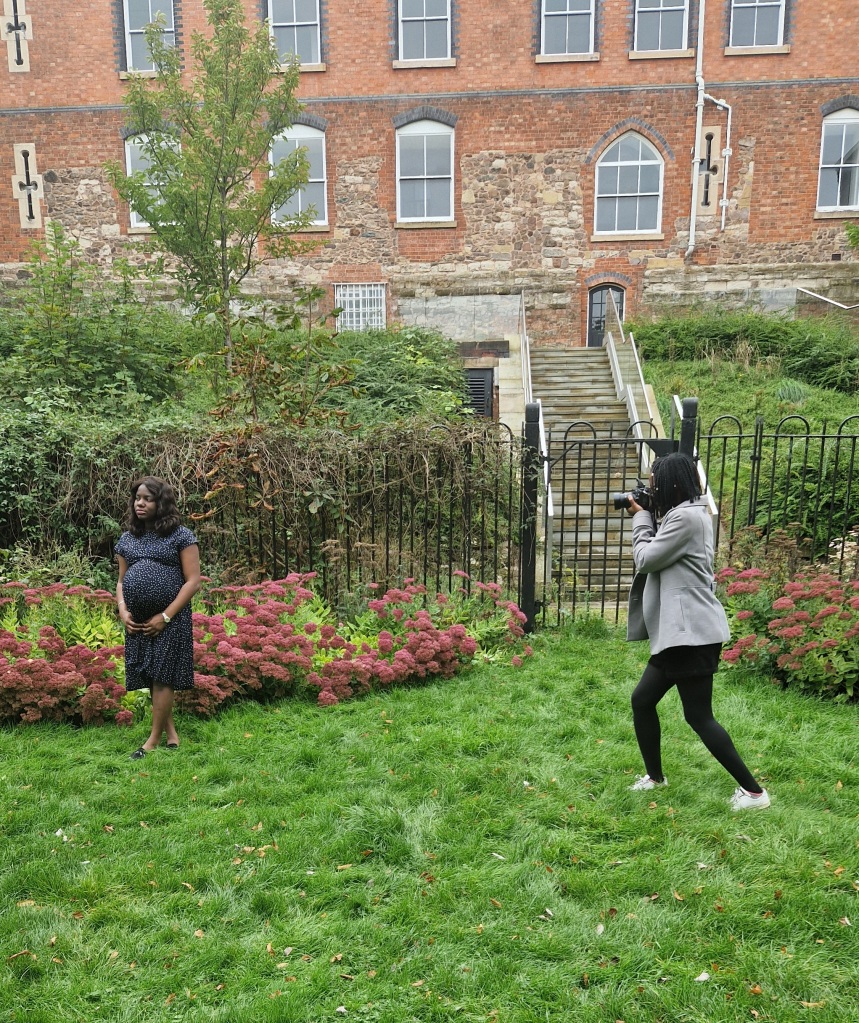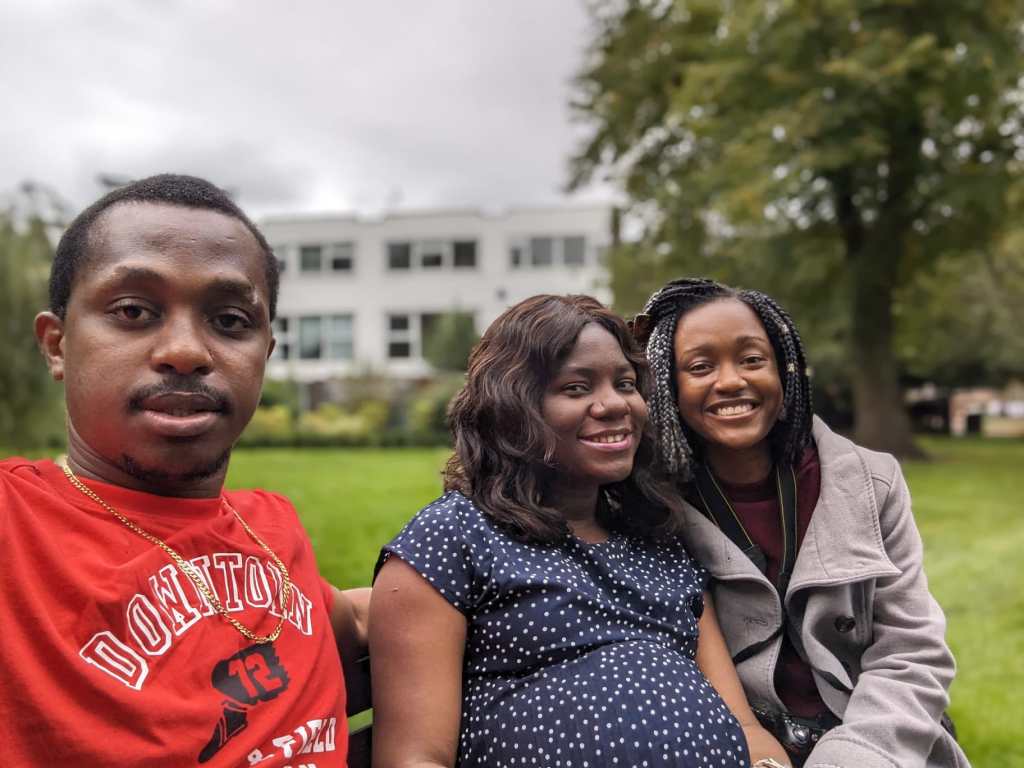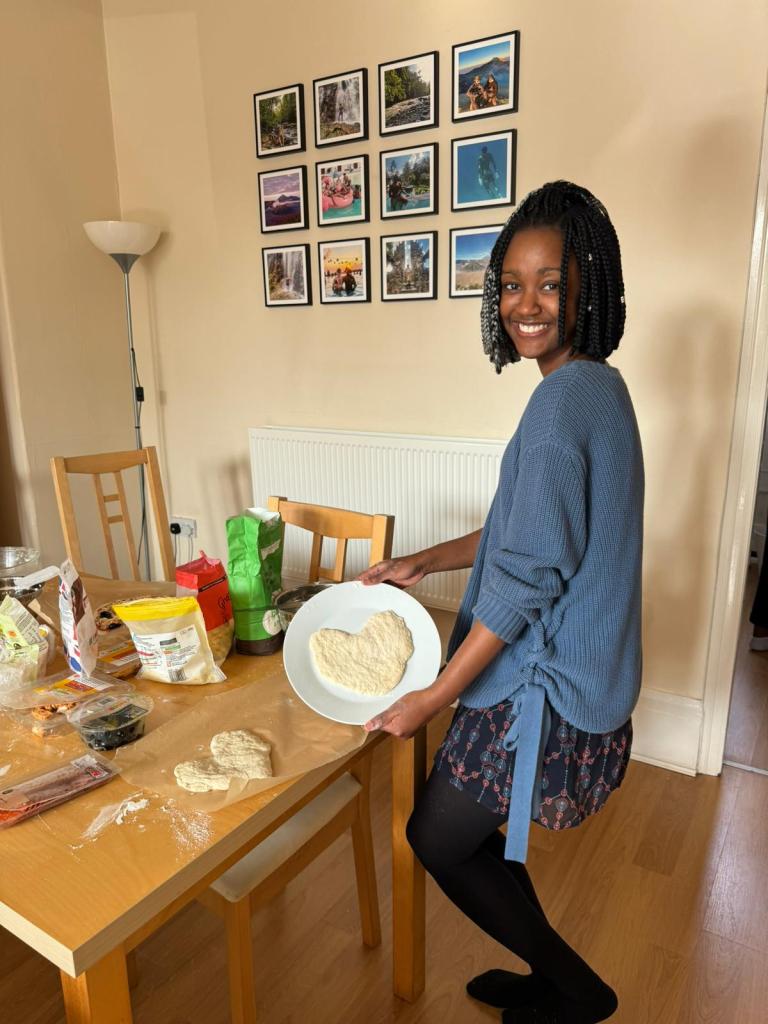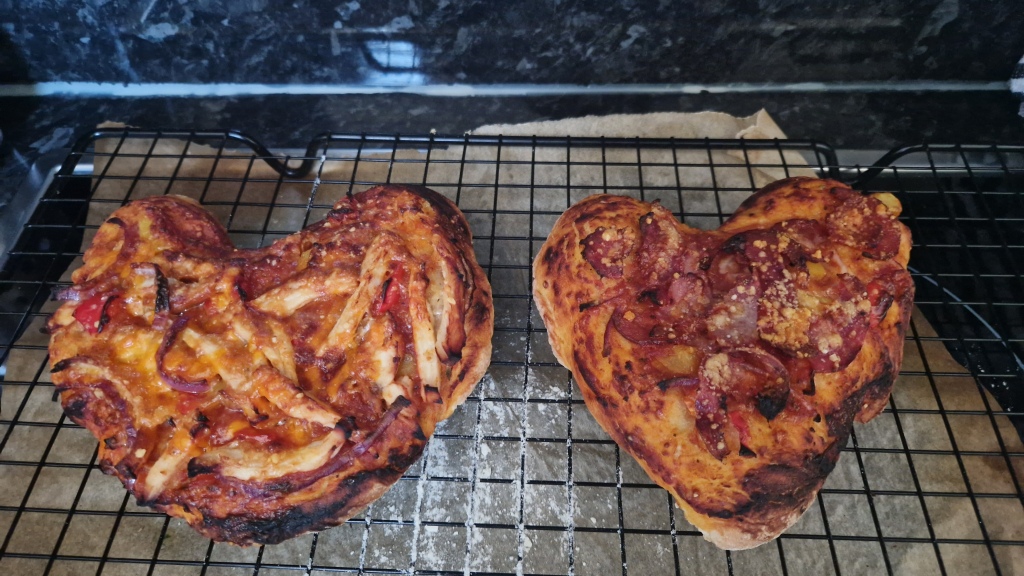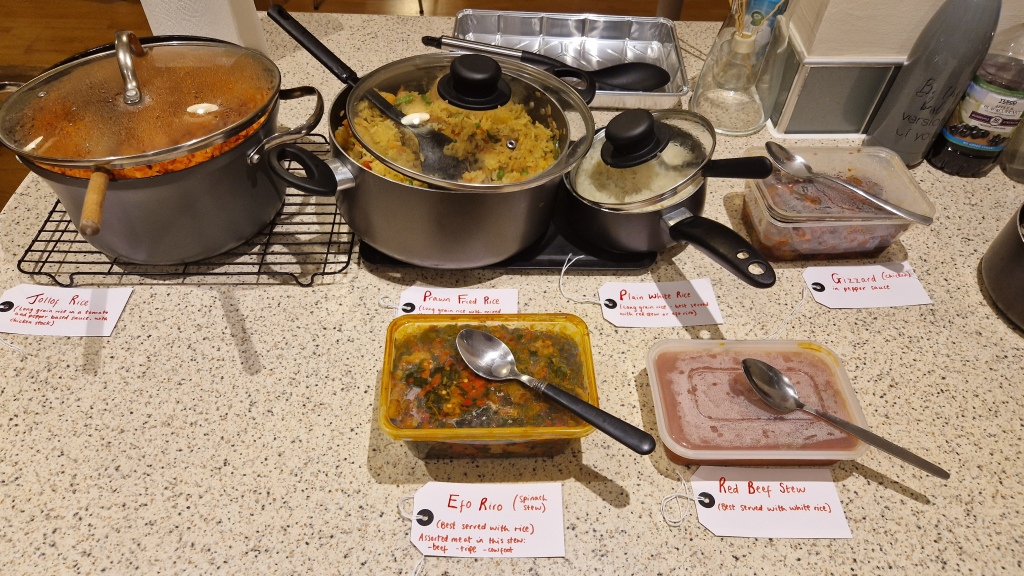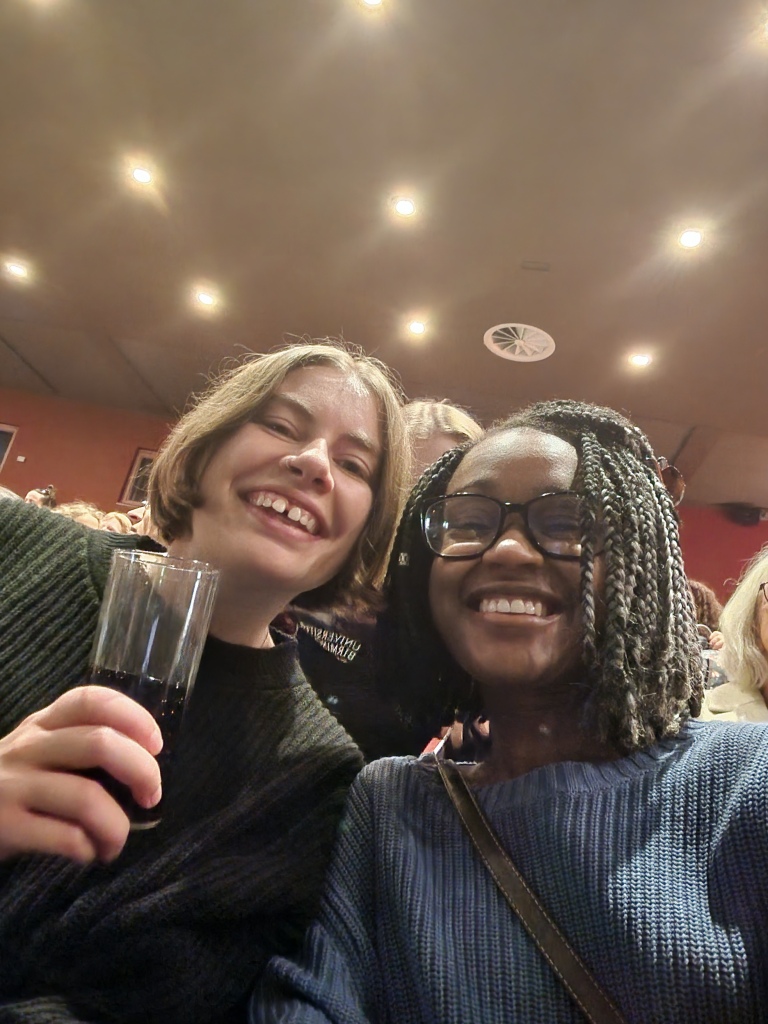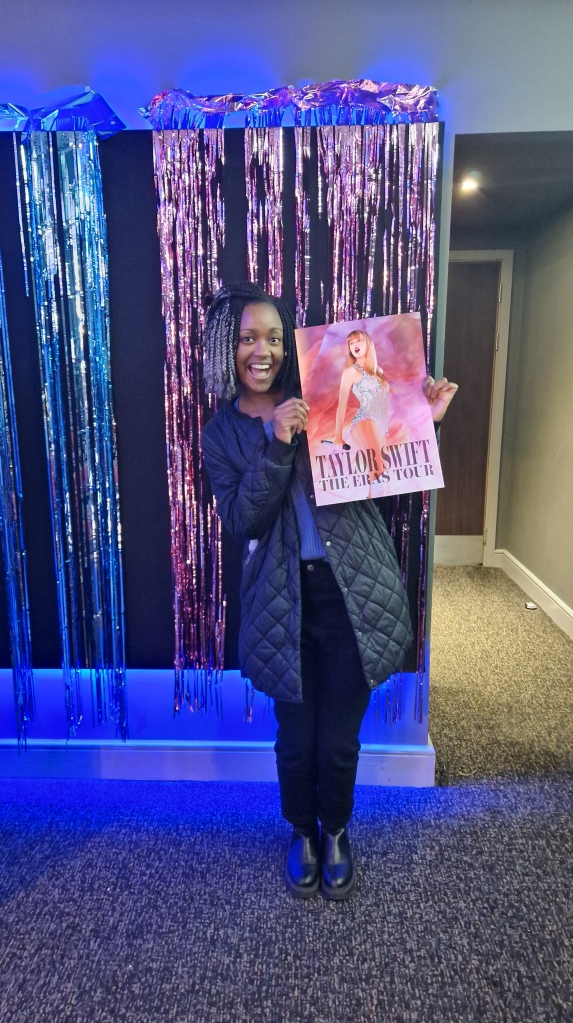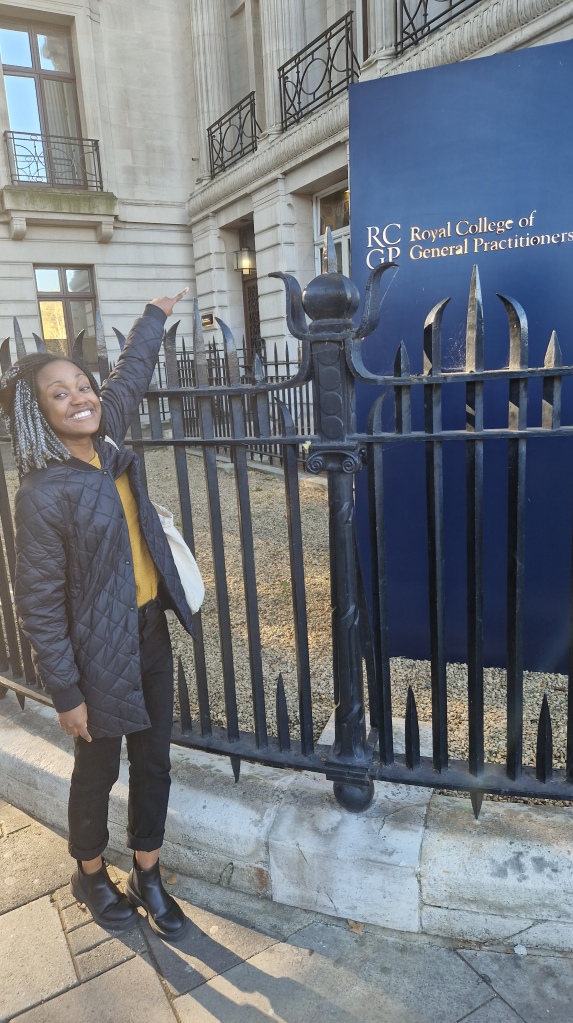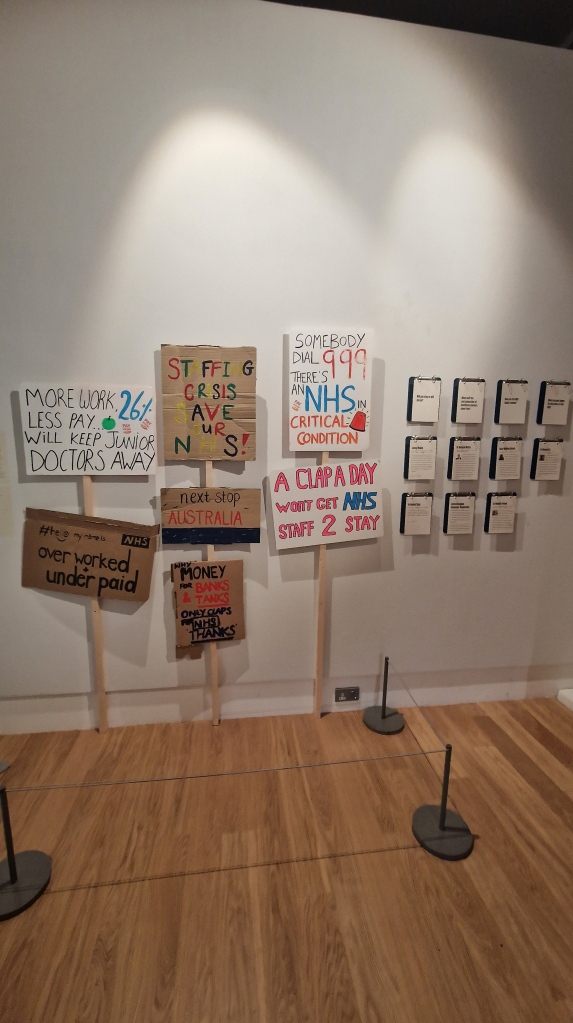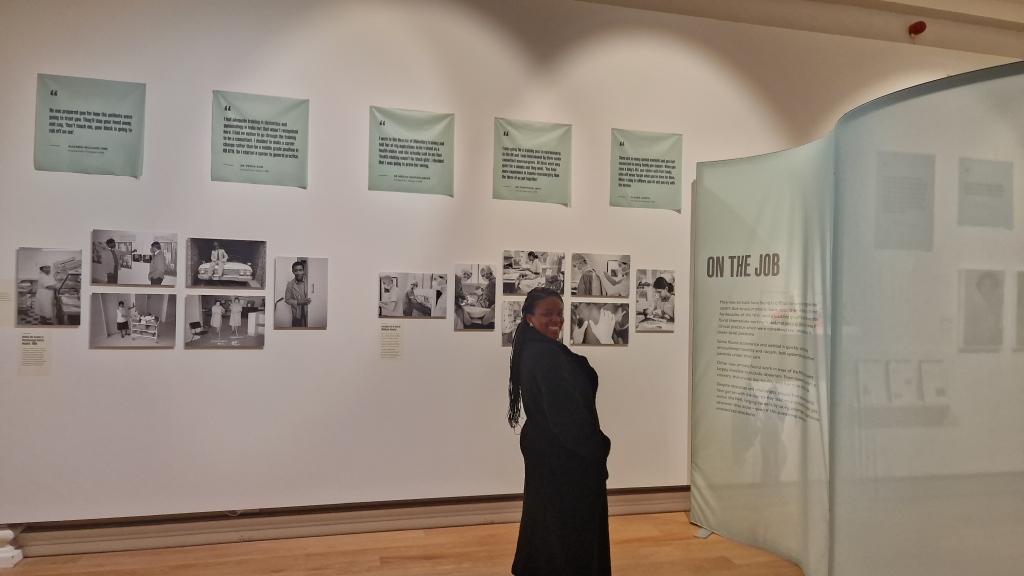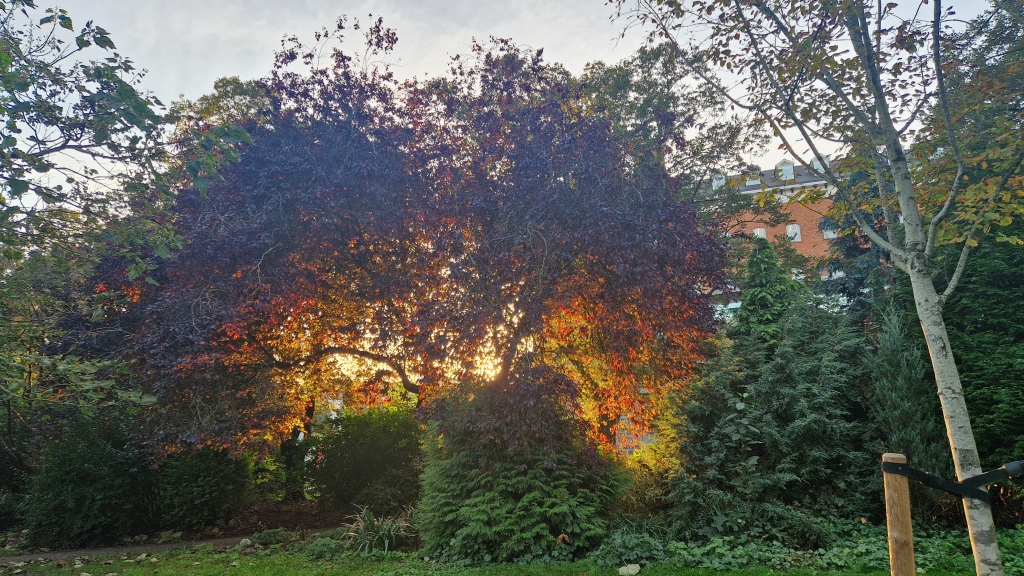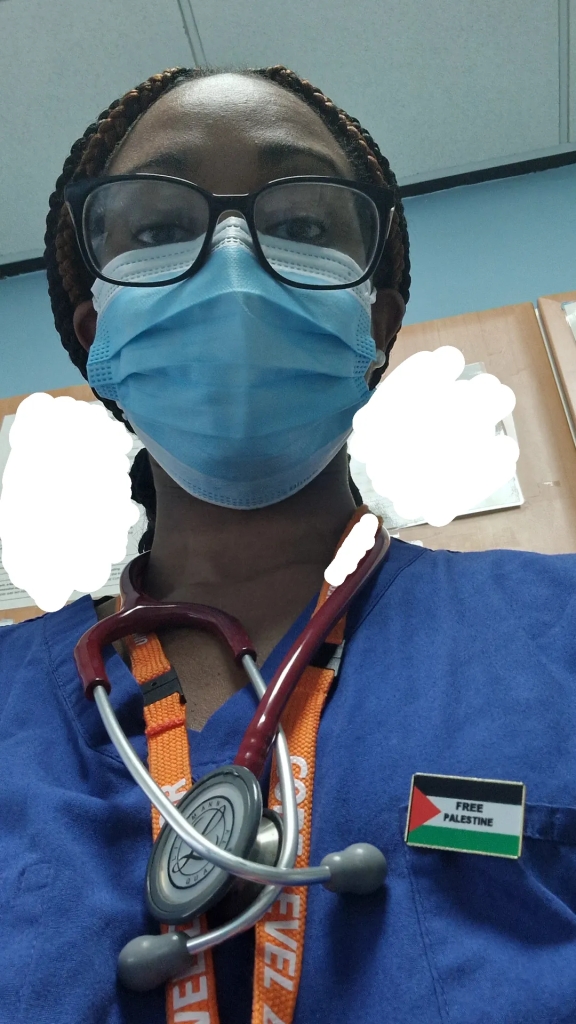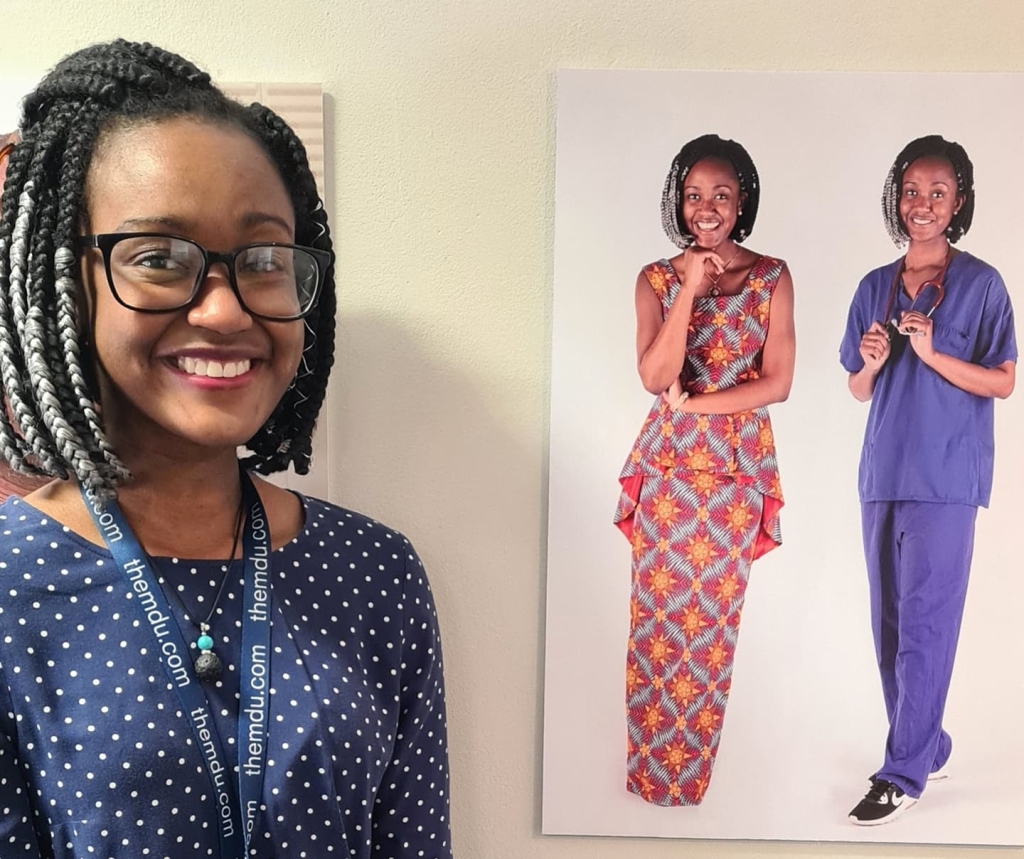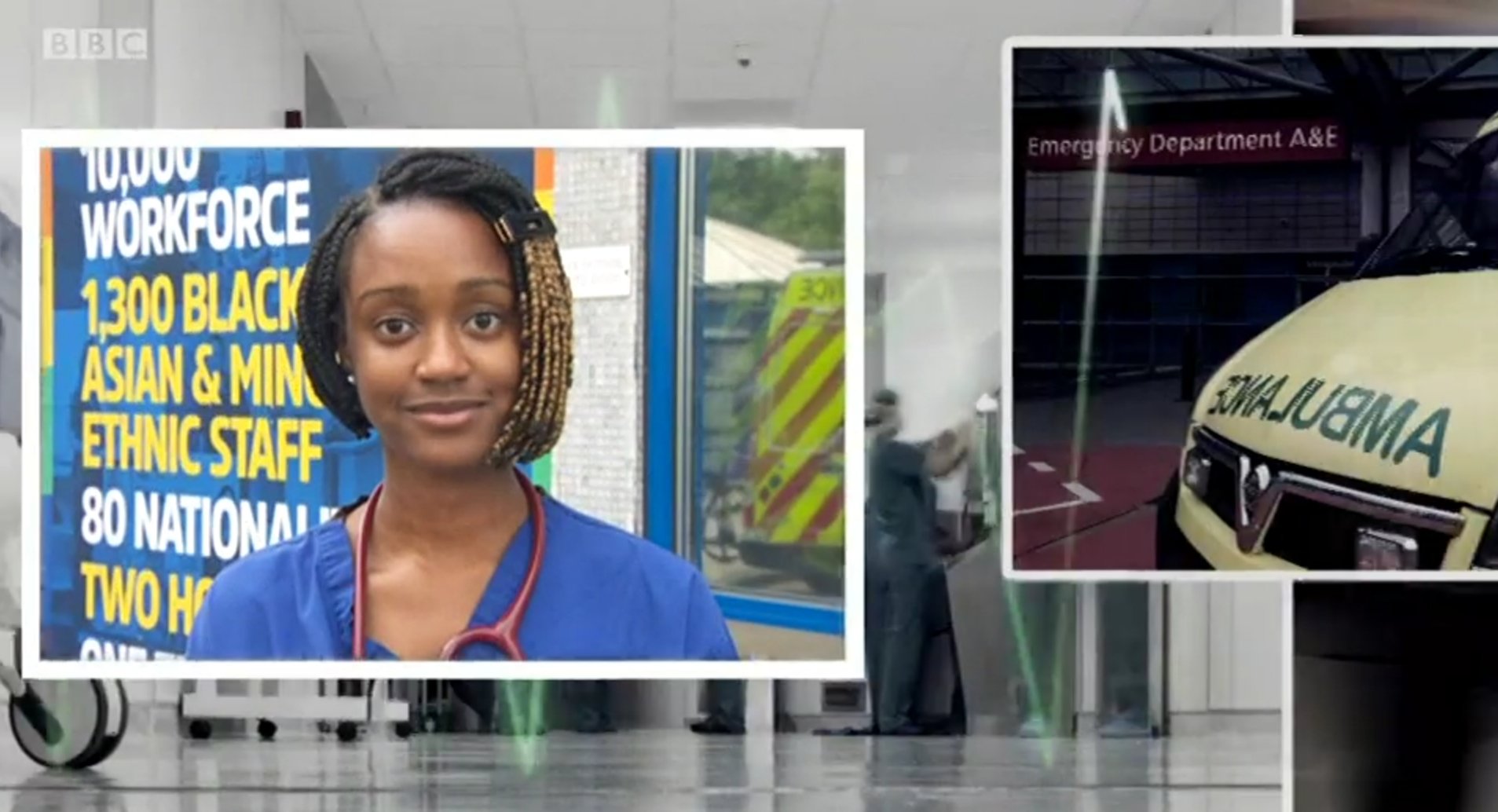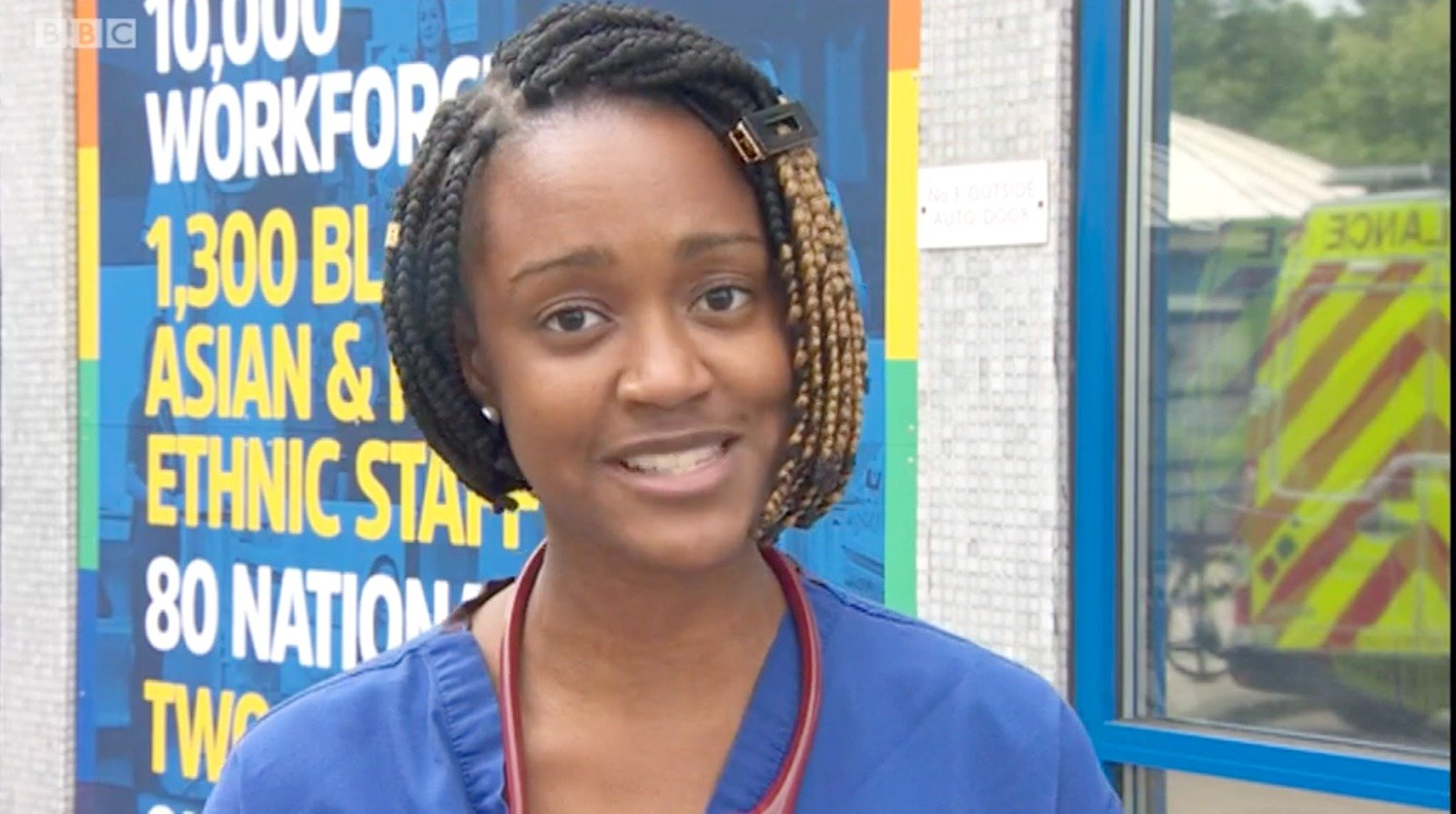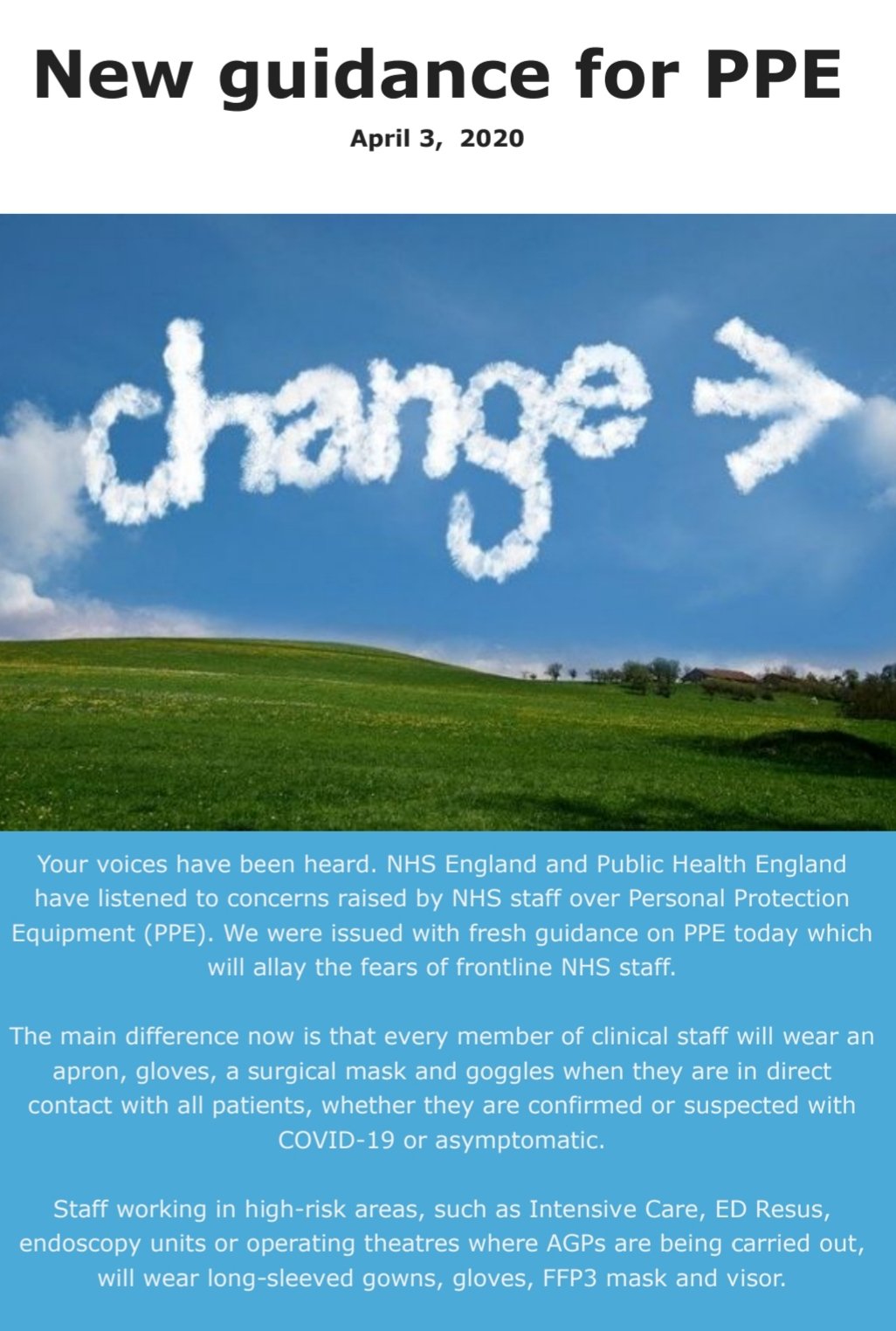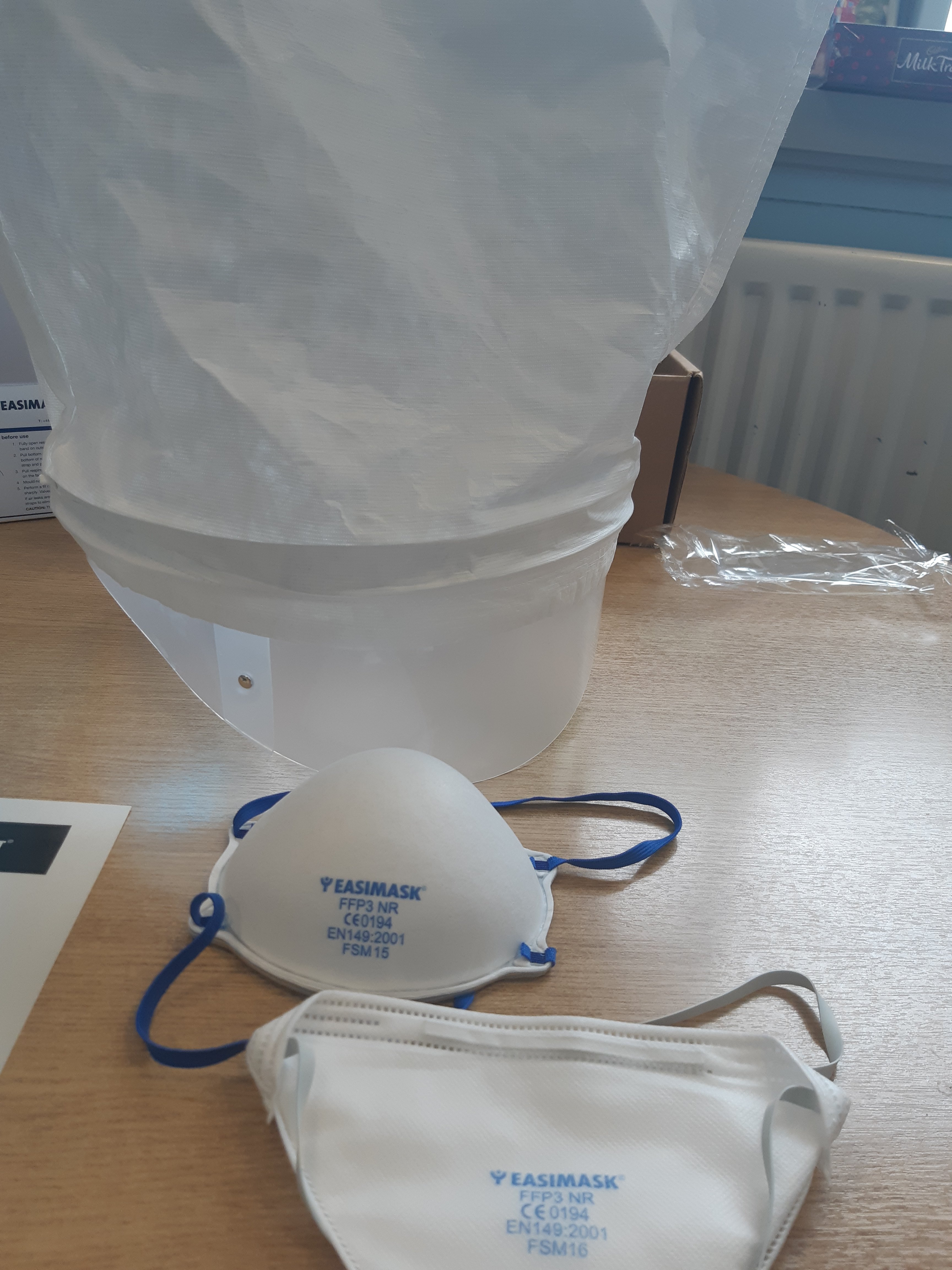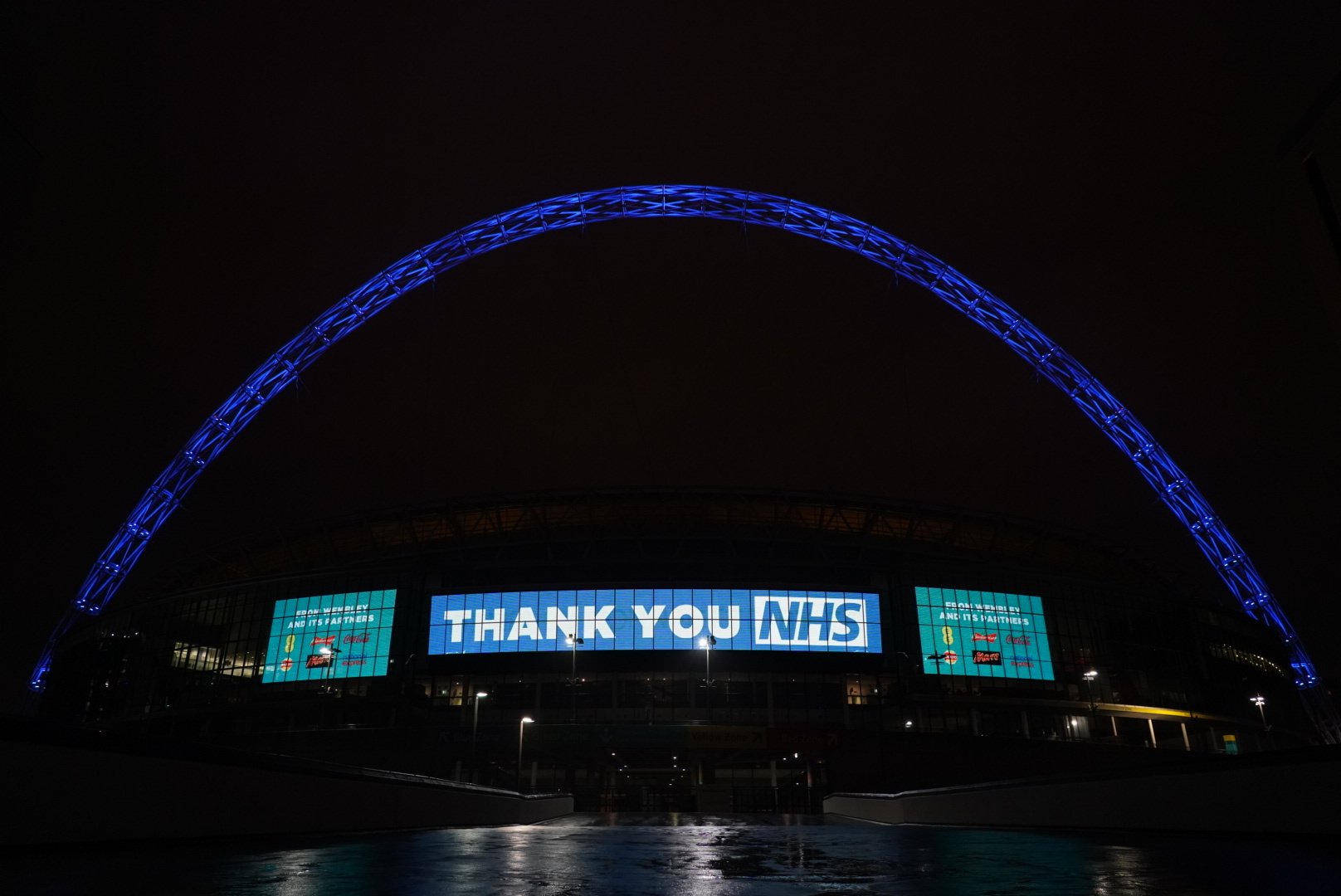Exactly 10 years ago I had my interview for medical school, and over the next three days I’ll be joining the junior doctor strikes. My 17 year old self would have never seen this coming – refusing to go in to work, really? Goody-two-shoes me who has dreamed of becoming a doctor since she was 5? Never! But nevertheless, here we are. So I thought I should explain why.
First things first, a junior doctor in the UK is any doctor who isn’t a Consultant or GP. It annoys me that the media tries to put across the narrative of junior doctors as ‘young’ or ‘inexperienced’ doctors who are fresh out of medical school, and this isn’t true. I graduated 4 years ago and I am still a junior doctor. My Registrars who are nearly 10 years post graduation are junior doctors. I know GP trainees and doctors who are in their mid/late 30s – we are all junior doctors, so let’s get that straight to begin with.
Next, let’s talk about pay- since 2008, pay for doctors has gone down by about 26%. So a newly qualified FY1 doctor, after 5-6 years of medical school and graduating with nearly £100,000 in debt, gets paid about £14 per hour. As an ST1 GP Trainee with nearly four years experience as a doctor, I get about £19 per hour, and a Registrar (ST6-ST8 with eight to ten years of experience) gets £28 per hour. The BMA is calling for pay restoration, to bring junior doctor pay back to the level it was in 2008. This is because with the cost of living crisis and the cost of being a doctor (many people don’t know we have to pay hundreds of pounds yearly for exams, indemnity insurance, and to keep our registration), a lot of doctors are struggling.
It’s due to this that many are leaving to work in Australia and New Zealand because doctor pay is better, as are working conditions, because as you can imagine, people are more willing to work if they know they’re getting what they deserve for their skills.
Now I’m well aware that I’m so blessed to have a secure job, and many people can only dream of getting what I get paid. But being a doctor isn’t an ordinary job – it comes with so much additional stress and responsibility, that I even struggle to talk about the toll it takes on me some days (I’ve always been better at writing how I feel). Knowing a decision you make could cost someone their life is so SO hard, and I feel like a lot of the general public just don’t understand this. So is it too much to ask to be paid to reflect this?
Having a National Health Service with the majority of services being free to access is one of the greatest things about the UK, and I’m so proud to be part of it. But without enough doctors to provide services, the NHS as we know it isn’t sustainable, and that makes me so sad.
But that’s not the main reason I’m striking. I’m striking because I think I’m beginning to show signs of burnout.
I’ve been more irritable and snappy on the wards, and I’m worried that this is slowly starting to creep into my life outside work because I’ve been getting more short-tempered, easily annoyed with people around me, and I just want to be away from everyone some days. Also, I’ve been crying for no reason sometimes, what’s up with that??
We had a GP teaching day on wellbeing last week, and one of the talks listed symptoms of burnout. I cried because I could relate to quite a few of them.
You see, working on a ward with inadequate staffing means I’m looking after too many patients, and this is very stressful. It’s also really unsafe because if doctors are too stretched and tired because they don’t have time to eat or drink properly during busy shifts, things can get missed. And if there is no continuity of care because the ward has different locum doctors working there everyday, patient care suffers. This is what is happening across the NHS at the moment, because there just aren’t enough staff because the Government isn’t doing enough to retain them, and patients are dying because of this.
I knew very early on in medical school that I was never going to be top of my year or anywhere near that, but I knew I would be a good doctor because even though I wasn’t as “brainy” as some of my colleagues, I genuinely loved interacting with and spending time with patients. I’ve always seen being compassionate and empathetic as my strengths, and the day I start to lose that is the day something needs to change.
Well that day has come much sooner that I thought it would because I was snappy with a patient last week due to being stressed on the ward, and I actually made them cry. It was like an out of body experience because I felt like I was looking at myself and thinking, “Who are you?”
So I feel like the day for something to change is here, because if I start to lose my compassion then where does that leave me?
(P.S – I immediately apologised to the patient after snapping and she was so so kind about it – “It’s okay, you’re all doing your best, I know it’s busy.” Reader, I cried.)
